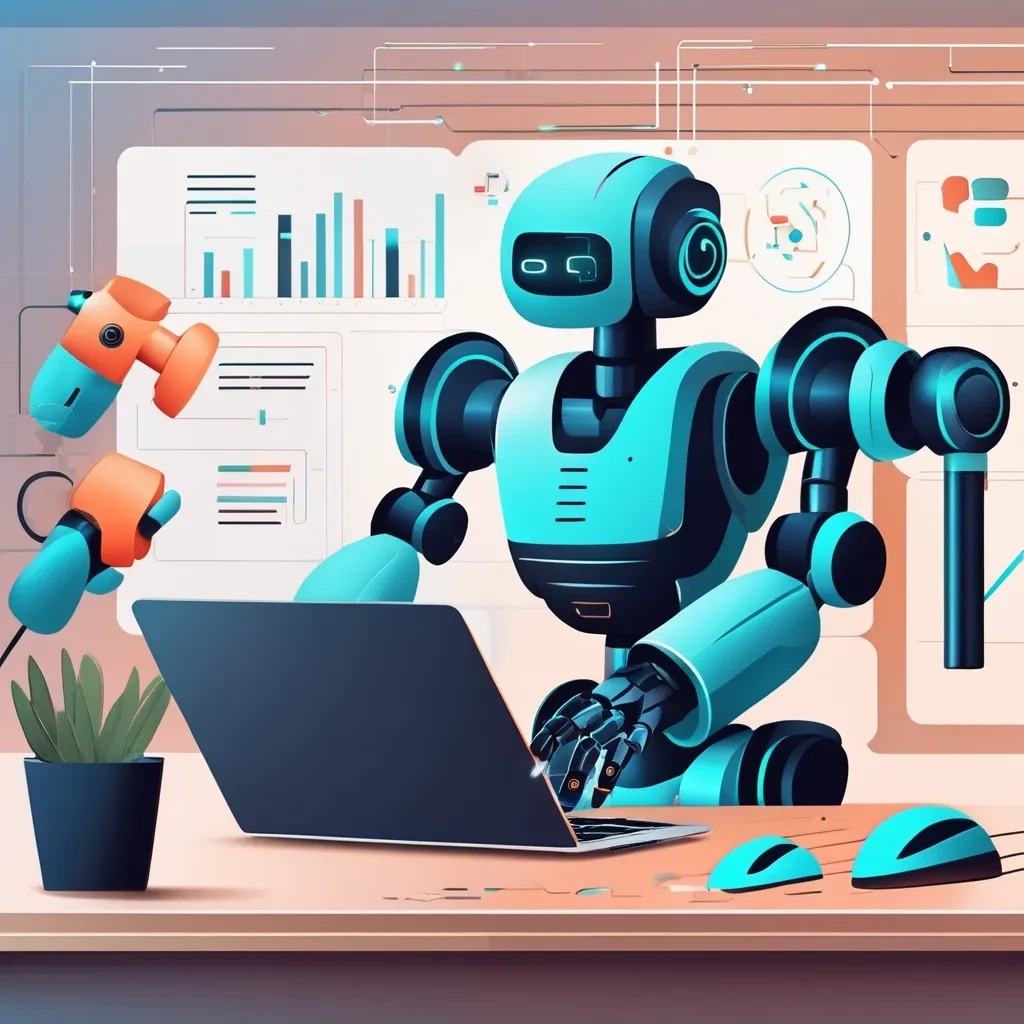
Technological singularity
The technological singularity is a theoretical future event where artificial intelligence (AI) surpasses human intelligence, leading to a dramatic and unpredict...
Artificial Superintelligence (ASI) refers to a hypothetical form of AI that exceeds human intelligence in every aspect, capable of self-improvement and revolutionizing multiple industries, but posing significant ethical and existential risks.
Artificial superintelligence (ASI) is a hypothetical construct, representing a software-based AI system with intellectual capacities far exceeding human intelligence across a broad array of disciplines. At the core, ASI would possess advanced cognitive functions and highly sophisticated thinking skills that surpass any human ability. While ASI remains a theoretical concept, the journey towards its realization hinges on the evolution of current AI technologies, most of which are classified as Artificial Narrow Intelligence (ANI). ANI excels in performing specific tasks, such as playing chess or translating languages, but lacks the capability to learn new skills or develop a profound understanding of the world. This limitation highlights the gap between current AI capabilities and the potential of ASI. Notably, the feasibility of achieving ASI is a matter of debate among experts, as human intelligence is the product of unique evolutionary factors, and our understanding of the brain’s complexities is still incomplete.
The leap from ANI to ASI would likely pass through the development of Artificial General Intelligence (AGI), a next-generation AI system capable of understanding the world and applying problem-solving intelligence as broadly and flexibly as humans. AGI would be characterized by cross-domain learning and reasoning, with the ability to make connections across diverse fields. Despite the absence of true AGI or ASI today, certain technological processes lay the groundwork for their future development.
The path to developing ASI involves several technological advancements:
As of now, artificial superintelligence remains a theoretical concept. While significant advancements in AI technologies such as machine learning, neural networks, and natural language processing are paving the way toward more advanced AI systems, achieving ASI requires breakthroughs in understanding and replicating the human brain’s intricate workings. The timeline for ASI’s realization is uncertain, with predictions ranging from decades to potentially never.
The pursuit of ASI involves addressing profound ethical and societal questions. Ensuring that ASI development aligns with human values and priorities is crucial to harnessing its potential benefits while minimizing risks. International cooperation and regulation will likely play a pivotal role in guiding ASI’s development and deployment.
Artificial Superintelligence (ASI) is a theoretical form of artificial intelligence that surpasses human intelligence in every cognitive domain, capable of self-improvement and outperforming humans in all intellectual fields.
Unlike current AI, which excels at specific tasks, ASI would possess general cognitive capabilities far beyond humans, including advanced reasoning, creativity, and the ability to improve itself autonomously.
ASI poses significant risks such as loss of control, existential threats, ethical challenges, algorithmic bias, and large-scale unemployment due to its autonomous and superior capabilities.
Potential benefits include reduced human error, rapid innovation, improved disaster mitigation, breakthroughs in healthcare, finance, and scientific research, and accelerated technological progress.
No, ASI remains a theoretical concept. While AI technologies are advancing, true ASI has not been achieved, and its realization depends on breakthroughs in understanding and replicating human cognition.
Smart Chatbots and AI tools under one roof. Connect intuitive blocks to turn your ideas into automated Flows.
The technological singularity is a theoretical future event where artificial intelligence (AI) surpasses human intelligence, leading to a dramatic and unpredict...
Artificial General Intelligence (AGI) is a theoretical form of AI that can understand, learn, and apply knowledge across various tasks at a human-like level, un...
The Turing Test is a foundational concept in artificial intelligence, designed to evaluate whether a machine can exhibit intelligent behavior indistinguishable ...
